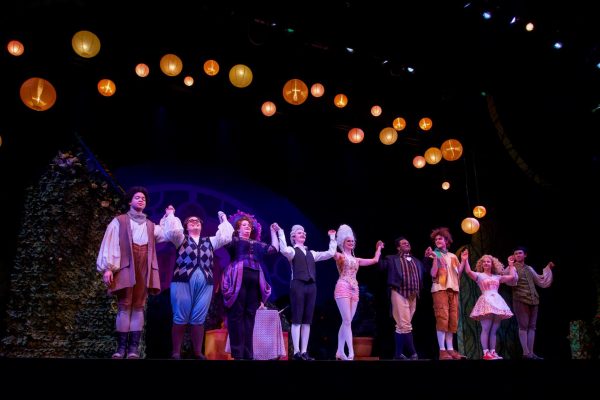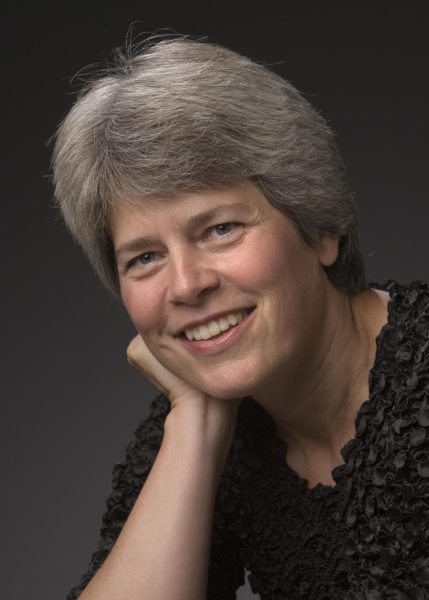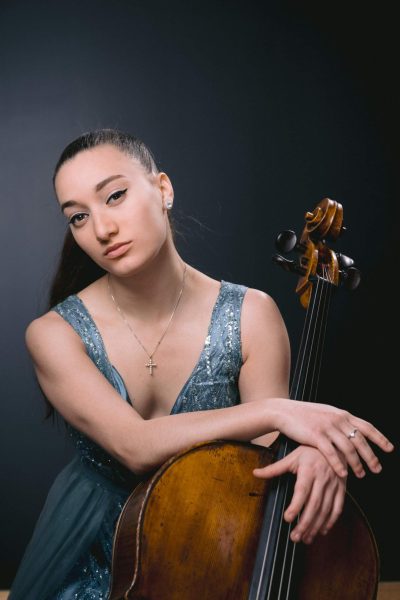Inayah Raheem: Classical Vocalist, President of the Oberlin College Black Musicians’ Guild

Inayah Raheem is a double-degree third-year majoring in Classical Voice and Africana Studies. She is the president of the Oberlin College Black Musicians Guild, a student-led organization for Black musicians in the Conservatory. The organization will be performing at the Black History Month “Woven, Worn & Reborn: A Sustainable Black History Month Fashion Show” this Saturday.
This interview has been edited for length and clarity.
What is OCBMG?
OCBMG is an organization that was founded years ago but has recently been revamped. It serves as a place for Black musicians to gather in the Conservatory and in the College. Its purpose is to help combat some of the issues of lack of diversity in the Con and just blatant racism that you face as a Conservatory student. There are racist things that I feel like, specifically in the Conservatory, students experience, and it’s basically unchecked. So OCBMG serves as a space where Black students come together and speak on these issues. That’s what we’re really trying to cultivate this semester with the Sunday dinners: a space where students can come and voice their grievances and talk about what they want to change in the Conservatory, and also, very realistically, a safe space where we can share things like, “My professor said this.”
What challenges does OCBMG face as an organization?
I think the main problem with OCBMG is that everyone is so busy. I mean, Conservatory students take like six classes a semester, so you barely even have enough time to do your homework and practice. It’s hard to be able to tell somebody to go to this event hosted by OCBMG when they’ve already had all these concerts, performance obligations, and auditions. Basically, the culture of the Conservatory makes it hard for people to join OCBMG as an organization.
Do you think that some of the responsibility falls to the institution when it comes to racism in the Conservatory?
Yeah, I think the Conservatory could at least try harder, specifically in curriculum. I think they could make it a lot more inclusive and bring in more faculty — Black faculty — because it’s currently very European-structured and the mindset in the Conservatory can be toxic. There’s this stigma because all of our professors have had some sort of professional career. Students think if they report their teacher on something they said that was wildly racist, it’ll be the end of their career, so they just don’t report people, especially private teachers. It’s just that we really have to think about how these people and the Conservatory itself can create a racist environment — especially the Classical department because it’s based in a European classical mindset. Before this year, we did not have much diversity in the Classical department, and I think it’s because they didn’t care. So even with the Music Theory and History courses starting to get more inclusive, it fully starts with the music.
Is OCBMG pushing that need for diversity within the Conservatory?
I think it’s a mixed bag, but in some ways it pushes us to do more. Our organization is not associated with the Conservatory which means we’re not getting institutional funds. Everything’s coming through the Student Finance Committee which is kind of unfortunate because it’s taking away things that should be funded through the Conservatory. It’s not necessarily to say that the money isn’t there for students to support themselves, it’s just to say the Conservatory should try harder.
What does it mean to you to be in OCBMG?
This is my second year within OCBMG. Last year I was treasurer, and this year I’m president. It’s a time commitment, but to me, it is a labor of love because I really do care about making the Conservatory better for first-years. I had a really rough time adjusting and feeling like I belonged in the Conservatory as a Black musician. There’s just this institutional pressure to feel like you don’t belong and you can’t really be yourself in Conservatory environments, so I think the OCBMG community is really important because it serves as a space to let Black musicians in the Conservatory and the College embrace the Blackness in their music.
What kind of events does OCBMG plan?
OCBMG typically plans events with guest artists and community events centering Conservatory students. We are trying to plan some events surrounding professional development for musicians and also trying to bring together Black musicians on campus.
What are some of the events the Conservatory should put its energy into promoting?
I think the Conservatory has been doing a decent job with the events right now because there is a lot going on, but most realistically, the Conservatory should try to include more Black events in months other than February.






